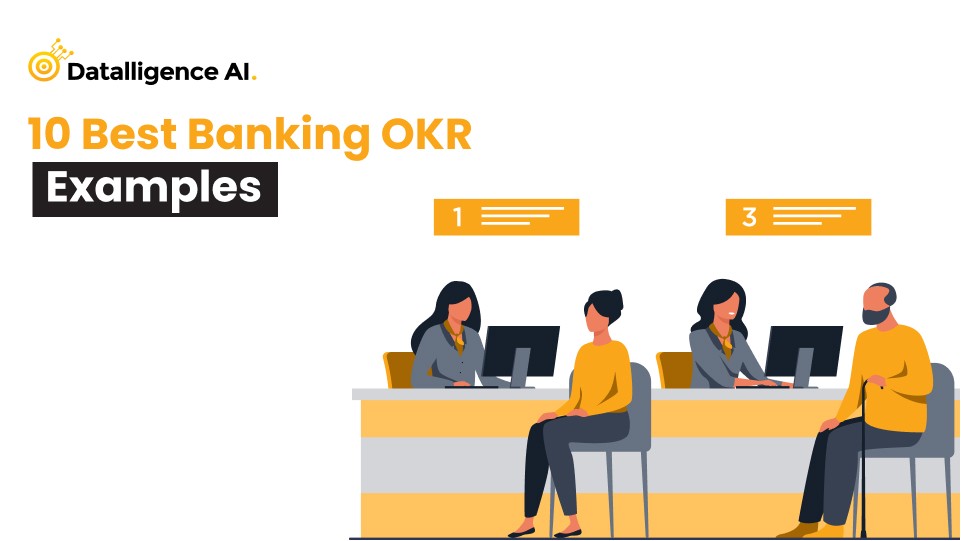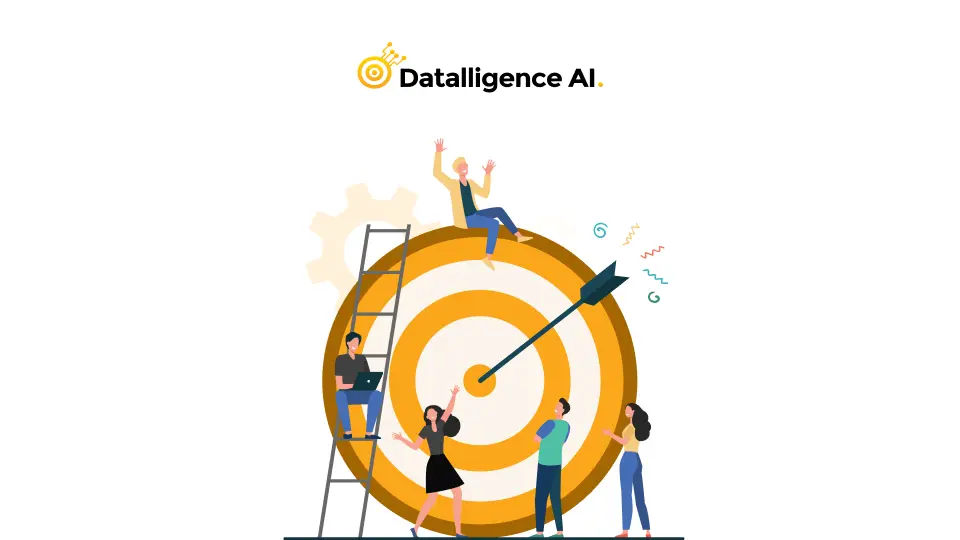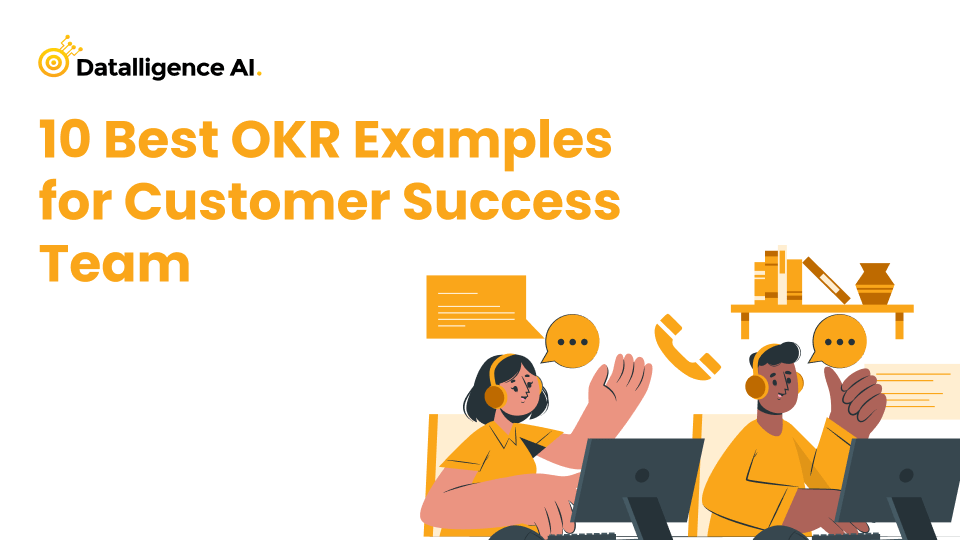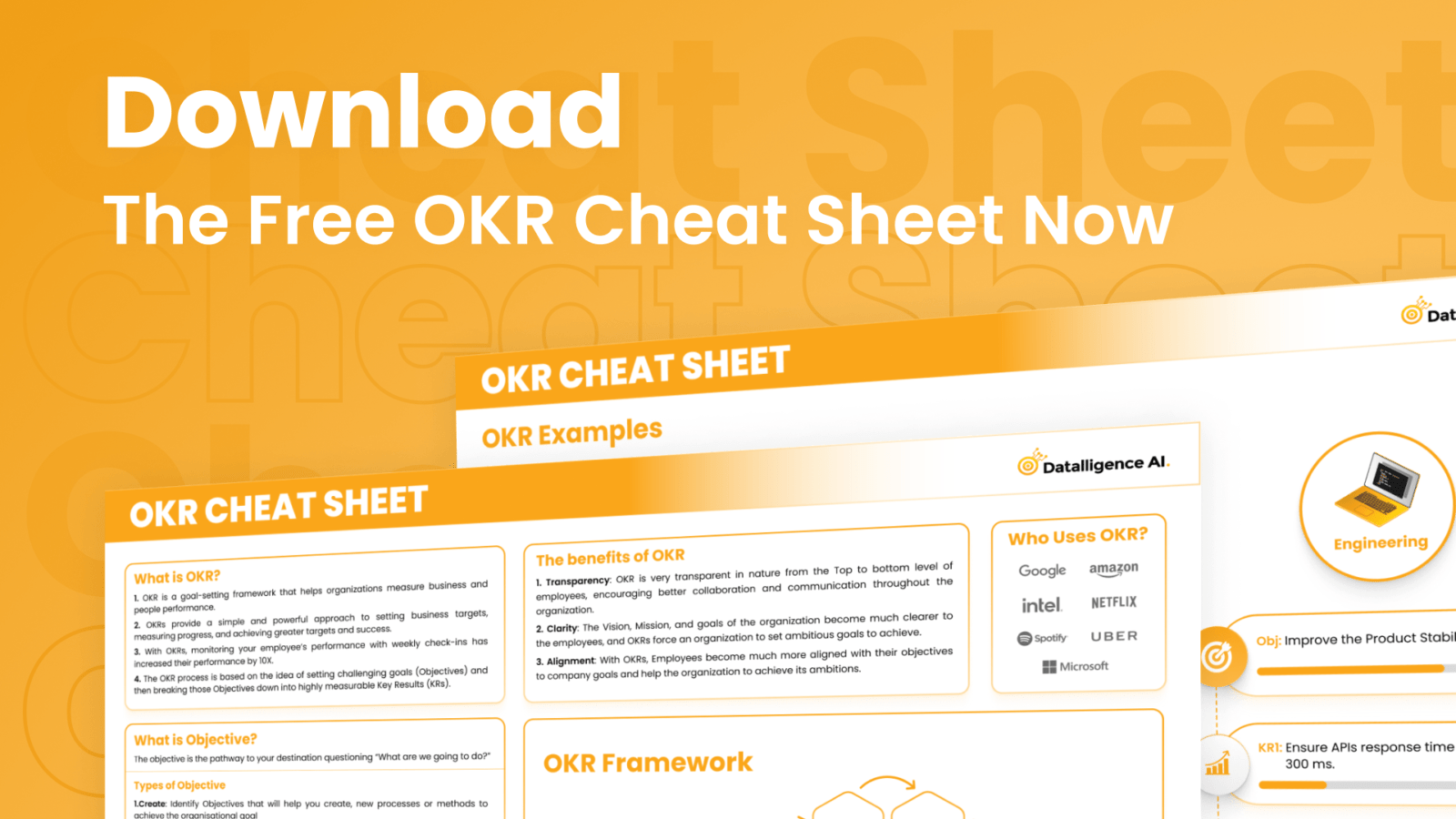Today, the businesses have to cope with various novel issues on performance management, most especially in a hybrid work environment. In this context, traditional methods of performance management may not be appropriate as employees are dispersed and working at their own pace from separate places. This is where Conversations, Feedback and Recognition (CFR) Performance comes in.
CFR represents a comprehensive method for managing performance which emphasises on genuine conversations, two-way feedback and acknowledging contributions of individuals within an organisation. By assimilating CFR into their systems, companies can control performance effectively; involve employees and promote continuous improvement culture.
What is CFR?
Conversations, Feedback and Recognition (CFR) is a form of complete performance management that puts emphasis on true communication, continuous feedback as well as an appreciation for contributions.
The following can be defined as CFR according to the book Measure What Matters by John Doerr:
- Conversations are authentic, richly textured exchanges between managers and contributors aimed at driving performance.
- Feedback or bidirectional feedback is a networked communication among peers to evaluate progress and guide future improvement.
- Recognition involves expressing appreciation to deserving individuals for small or big contributions.
Rather than traditional performance reviews, CFR encourages ongoing conversations and feedback that build engagement and promote continual improvement.
The importance of the CFR in a Hybrid Work Model
Remote work and hybrid work models have emerged that underscore the need for performance management practices to transcend geographical boundaries. In this context, CFR is important due to:
- Aiding in remote working by allowing casual and frequent dialogues between managers and employees.
- Creating an environment where peers give feedback on each other’s ideas promoting joint efforts.
- Rewarding workers for their achievements while motivating them into action through gratitude.
Through integrating CFR into performance management, organisations can effectively deal with the challenges posed by hybrid work models and achieve high levels of performance across the whole organisation.
Table of Contents
Best Practices for Implementing CFR
To maximise the effectiveness of CFR in your organisation, here are some best practices to consider:
- Promote a Culture of Open Communication: Encourage transparent and honest conversations between managers and employees.
- Establish Regular Feedback Sessions: Schedule regular feedback sessions to discuss progress, address challenges, and provide guidance.
- Provide Constructive Criticism: Ensure that feedback is constructive, specific, and focused on improvement rather than personal criticism.
- Encourage Peer Feedback: Foster a culture of peer-to-peer feedback, where team members can provide constructive input to help each other grow.
- Recognize Achievements: Celebrate individual and team accomplishments regularly to reinforce a positive work culture.
- Offer Coaching and Development Opportunities: Provide resources and support for employees to enhance their skills and advance their careers.
- Integrate CFR into Performance Reviews: Incorporate elements of CFR into traditional performance review processes to create a more comprehensive evaluation.
- Train Managers on Effective Feedback: Equip managers with the skills and knowledge to provide effective feedback and engage in meaningful conversations.
- Align OKRs and CFRs: Ensure that conversational feedback is directly linked to the achievement of OKRs, creating a cohesive performance management approach.
- Encourage Self-Reflection: Empower employees to reflect on their own performance, set personal goals, and seek growth opportunities.
- Utilise Technology: Leverage performance management software to streamline conversations, feedback, and recognition processes.
- Continuously Evolve and Adapt: Regularly assess the effectiveness of CFR practices and make adjustments based on feedback and evolving organisational needs.
Goals Accomplished Community
At Datalligence.ai, we believe in the power of collaboration and community. That’s why we have launched the Goals Accomplished, a platform where individuals and organisations can come together to learn, share ideas, and support each other in achieving their goals. Join our community and be a part of the conversation today.
Combining OKRs and CFRs for Enhanced Performance Management
In addition to CFR performance, integrating objectives and key results (OKRs) into your performance management processes can further enhance goal setting and tracking. OKRs provide a framework for setting ambitious, measurable, and time-bound goals, while CFRs act as a functional conduit for OKRs, adding nuance and depth to the performance management process.
What are OKRs?
OKRs are a collaborative goal-setting system used by leading companies like Google, Atlassian, and LinkedIn. They consist of objectives, which are short descriptions of what you aim to achieve, and key results, which are quantifiable metrics that measure progress towards the objectives. OKRs help organisations align their efforts, track performance, and drive innovation and growth.
What are CFRs?
CFRs, or Conversations, Feedback, and Recognition, are a system that promotes continuous improvement, feedback exchange, and appreciation within organisations. Conversations in CFR are authentic one-on-one discussions between managers and employees, feedback involves mutual communication among peers to evaluate progress, and recognition entails expressing appreciation for contributions.
The Difference Between OKRs and CFRs
While OKRs focus on strategic alignment and performance measurement, CFRs prioritise communication, feedback, and recognition to enhance employee engagement and collaboration. OKRs track progress towards desired outcomes, while CFRs promote continuous improvement and employee satisfaction. OKRs are measurable and quantitative, while CFRs are more qualitative and centred around dialogue and feedback.
The Benefits of Linking OKRs and CFRs
Linking OKRs and CFRs offers several benefits for performance management. It improves organisational alignment, helps prioritise critical priorities, fosters a positive company culture, enhances engagement among managers and employees, strengthens employee-manager relationships, increases productivity, and ultimately leads to more profitable business results. Additionally, it enhances leadership capabilities by facilitating effective conversations with employees.
Conclusion
In conclusion, conversations, feedback, and recognition (CFR) play a crucial role in enabling effective performance management in a hybrid work setup. By integrating CFR into their processes, organisations can engage employees, foster collaboration, and drive continuous improvement. Additionally, combining OKRs and CFRs can enhance goal-setting and tracking, align efforts, and produce meaningful results.
At Datalligence.ai, we understand the importance of CFR and its impact on performance management. Our platform provides comprehensive solutions for implementing CFR and integrating it with OKRs. Join us today to optimise your organisation’s performance and create a culture of success.
Datalligence.ai is a leading provider of performance management solutions, helping organisations drive success through conversations, feedback, and recognition (CFR). Our platform enables businesses to align their goals, engage employees, and foster a culture of continuous improvement. With our integrated approach to CFR and OKRs, we empower organisations to achieve their dreams with deadlines.











